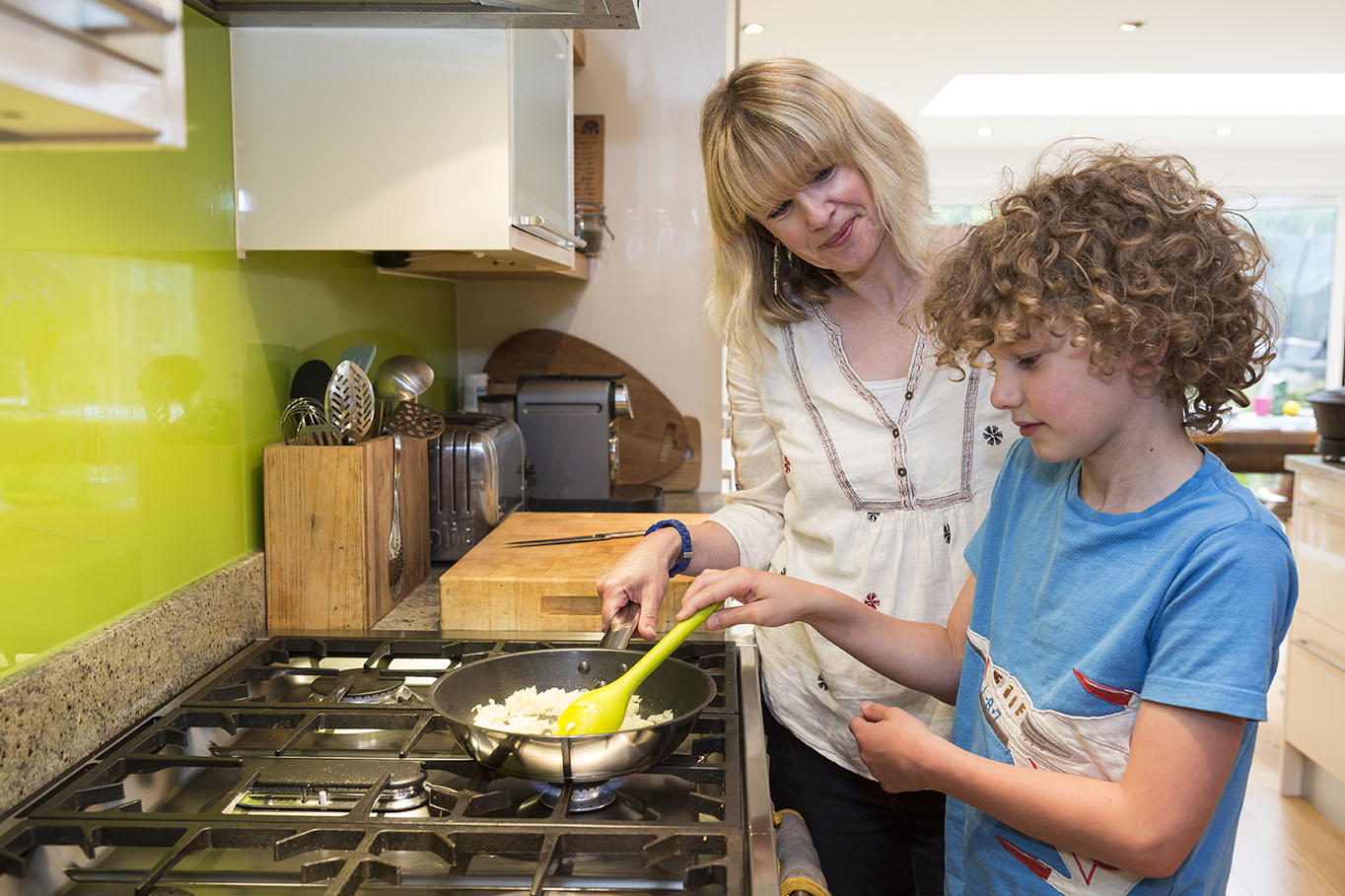
Warwickshire Fire and Rescue Service is reminding residents to follow safety guidelines for gas appliances this Gas Safety Week.
Gas Safety Week reminds residents how to keep themselves gas safe and raises awareness of the dangers of poorly maintained gas appliances, which can cause gas leaks, fires, explosions and carbon monoxide (CO) poisoning.
This year for Gas Safety Week, the theme is ‘Checking—Every Check Counts’, emphasising the importance of, amongst other things, regular gas safety checks. The theme highlights the significance of checking all gas appliances and encouraging people to prioritise gas safety in their homes. By showing how important every check is, Gas Safety Week aims to raise awareness and promote measures to ensure the safety and wellbeing of households.
Councillor Andy Crump, portfolio holder for Fire & Rescue and Community Safety, said:
“We are proud to support Gas Safety Week, helping our residents understand the importance of regular checks for the gas appliances.
“Prevention is a central part of the work Warwickshire Fire & Rescue Service undertake to keep our residents safe. By raising awareness of important safety measures that should be taken when living with gas appliances, we hope we can protect our communities from dangerous gas leaks and related incidents.
“Anyone who would like help and support to find out more about gas safety at home can contact our fire service for a Safe and Well check.”
Warwickshire Fire and Rescue Service would like to remind residents of key safety guidelines for using and maintaining gas appliances.
If you smell gas, it’s important to act quickly and take the following steps:
- Get fresh air immediately; make sure you open all doors and windows to ventilate the area.
- Turn off the gas emergency control valve (also called gas emergency shut off valve) at the meter, unless the meter is located in a basement or cellar or at the LPG bulk tank or storage vessels.
- Extinguish all naked flames and don’t smoke.
- Don’t operate electrical switches (including turning light switches on or off) because this can ignite escaping gas.
- Contact the relevant National Gas Emergency service number – for natural gas this is 0800 111 999, for liquified petroleum gas (LPG) the number will be on your bulk storage vessel or meter.
- If the attending emergency operative identifies an issue with any gas appliances, follow their advice concerning the use of the equipment. Where advised, contact a Gas Safe registered engineer to fix the appliance and check it’s safe.
- If you’re feeling unwell, visit your GP or hospital immediately and let them know you may have been exposed to carbon monoxide.
- Don’t turn the gas supply on again until it’s been checked by a Gas Safe registered engineer.
Gas has a strong, sulphur-like smell similar to rotten eggs. Smelling gas is often one of the first indicators of a gas leak: other common symptoms that can be experienced include feeling lightheaded, nausea, dizziness and headaches. Learn more about responding to a gas emergency.
The best way to prevent gas leaks from occurring in the first place is to make sure gas appliances are regularly maintained. All gas appliances in your home should be serviced and checked annually, or in accordance with the manufacturer’s instructions, by a Gas Safe engineer. This is the landlord’s responsibility in rented properties.
Warwickshire residents who are concerned about the risk of fire in their home can apply for a free Safe and Well Visit (previously called a home fire safety check) carried out by Warwickshire Fire & Rescue Service.